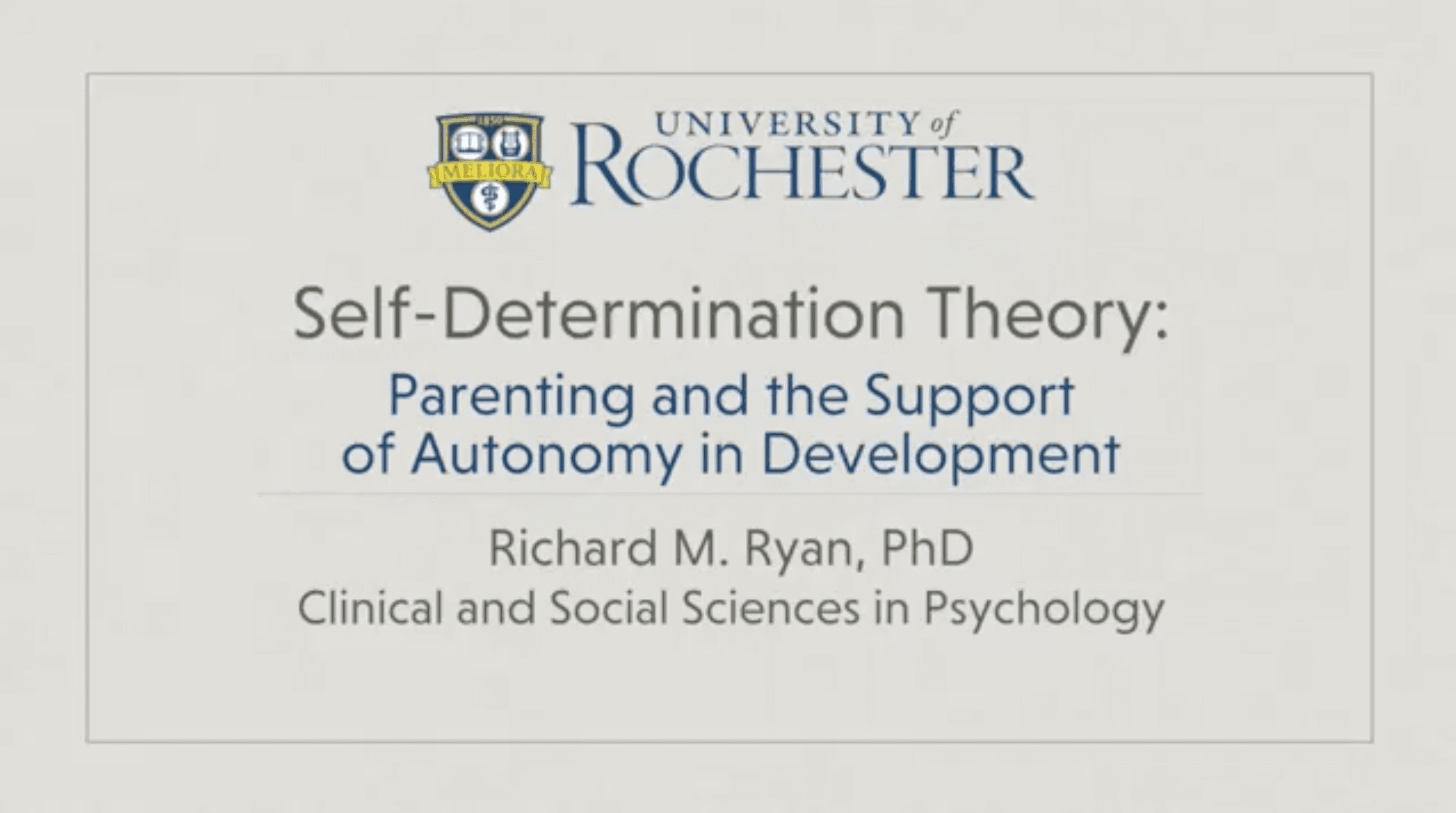According to SDT, people have an inherent growth tendency, meaning that they naturally develop towards higher levels of psychosocial maturity as they grow older. From the early stages of life, this growth tendency manifests in different ways. Children are spontaneously curious and display a never-ending interest in their surroundings. They constantly seek a better understanding of the world around them and new knowledge about themselves in relation to this world. Children are also strongly socially oriented, with an innate desire to build trustworthy, helpful, and reciprocal relationships with others. In the processes of building knowledge and developing secure relationships, children are highly proactive. They actively seek opportunities to develop their buddings talents and to discover their interests, and they appeal to others to strengthen attachment bonds. Stimulated by this growth tendency, individuals ideally develop a clear and coherent sense of self. Their preferences, interests, and values gradually become more crystallized and begin to form a coherent and authentic basis for autonomous goal pursuit, healthy identity development, and everyday decision-making. As people develop towards increasing levels of self-coherence and autonomy, they become better able to cope with the challenges of life. This psychosocial maturity also allows many people to maintain high levels of mental health, even into old age.
For the growth process to unfold, people need experiential input in the form of satisfaction of the needs for autonomy, competence, and relatedness. Whereas these experiences energize the growth process, frustration of the needs forestalls development and increases risk for maladjustment. Accordingly, contextual support for the needs from socialization figures (such as parents, teachers, and peers) and in close relationships (with friends and romantic partners) is crucial for healthy development throughout the lifespan. Although the nature and manifestation of need support differ somewhat in different developmental periods, in each period it is vitally important for individuals to experience need satisfaction in order to optimally negotiate developmental challenges and to display resilience in the face of adversity.The papers, chapters, and books listed on this page deal with SDT-based research on developmental issues. This research addresses how need support, need-based experiences, and motivational processes are involved in adequate resolution of developmental tasks throughout the lifespan. Special attention goes out to transitional phases in life, including educational transitions, the transition to parenthood, and the transition to retirement.
(2003)



